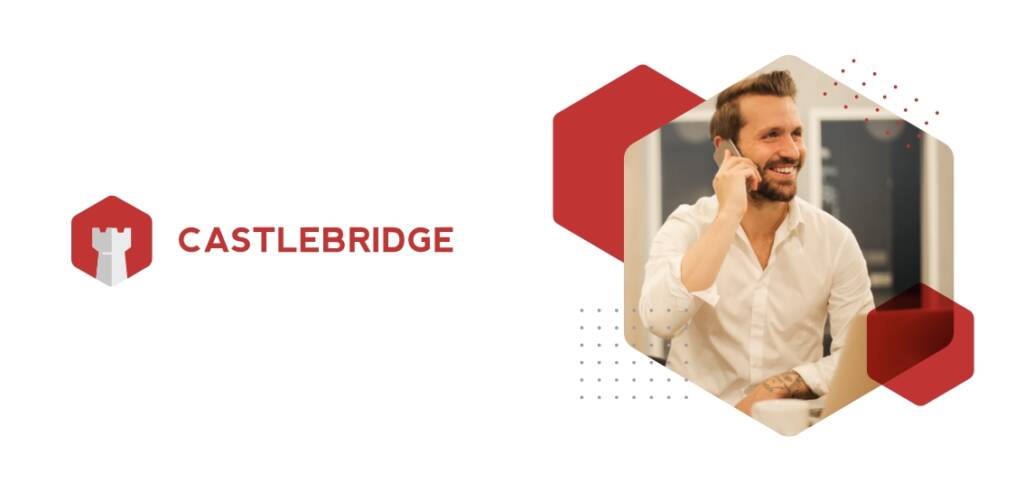
Wrong Number

Over the past few days I’ve been called at home by the accounts department regional newspaper looking for a prominent local business. This is something that happens every year around this time for the past few years.
Each year my wife or I politely inform the accounts department that they have the wrong number. Each year we are told that the error will be corrected. Each year we get another call. This year we’ve had one yesterday and one today. I predict we’ll get one tomorrow as well.
This is a good example of how poor quality information can have both a direct financial cost and an indirect reputational cost for businesses. Let’s look at this issue in a little more detail.
The Direct Costs
Let’s assume that the business owes the newspaper a hundred euros for advertising, or the newspaper is calling around to drum up a hundred euros of business.
- Opportunity Cost of poor quality information = €100
Let’s assume that the cost to the newspaper to have a person making calls is €15 per hour and they make 15 calls an hour. The provision of the desk, light and heat and other overheads associated with running a call centre need to be factored in as well. This would push up the cost per individual call to a bit more than the basic cost of the person doing the dialling.
So, to ring me the likely wage cost is likely to be around €4.00. Add to this the actual cost of making the call (we’ll put a price of €0.10 on that). So, each call is costing around €4.10 (for the sake of the discussion).
- Wasted spend on outbound calling: €4.10 per call.
Now, let’s factor in the likely costs that are incurred when my wife rings back in to complain and get records checked etc. so that the staff in the paper actually know that there is a problem. The last time, this was a 20 minute call. In my experience, every complaint about the quality of information is usually handled by at least 4 people for at least 20 minutes each (the person taking the complaint takes 20 minutes to capture details, they spend 20 minutes trying to explaining the issue to at least one other person, someone spends 20 minutes tracking down the correct information, and someone then spends 20 minutes updating the data).
If we assume that those people are earning an average of €17.50 an hour then it has cost the company almost €25 to learn about and eventually fix the problem. Of course, the problem isn’t always actually fixed, so this cost could be a little bit lower every single time (€12 approximately in this hypothetical).
- Wasted spend on scrap and rework of data: €25 per instance.
- Wasted spend on learning about an error and NOT fixing it: €12 per instance.
So, if we assume that the newspaper in question rings me 3 times this week looking for the local business they are trying to contact, the net value to the newspaper assuming they get the €100 would be:
- €100 – ((2 x €12) +€25 +(3 x €4.10)) = €38.70
Or to put it another way, the COST OF NON QUALITY in this scenario is a whopping 61.3%, assuming the problem is fixed this time around (the €25).
If the problem isn’t fixed, the numbers are slightly different.
- (3 x €12) +(3 x €4.10) = €48.30
But that €48.30 is a pure cost to the business as they will not have achieved their objective (getting the €100). So, by having poor quality information but eventually fixing it the company gains 38.7% of the intended goal. By not fixing the error, the business spends over 48% of what they were looking to get and get nothing for it.
The correct telephone number for the business that the newspaper is trying to get in contact with is published on the business’s website. The time and cost to find and verify information is only 20 minutes (or around €6 using the costings I’ve given here).
It is clear to me that the newspaper lacks a joined up process to ensure that mission critical data about a key part of their business is accurate and timely. I’m guessing there is, like in so many other organisations, a faith in the computer. However information and data are organic and change in the real world and as such it behoves organisations to have a culture that promotes the value of information and a clear process for detecting and correcting errors.
Any spend on that type of culture change and process environment is an investment. Throwing money out the door making decisions or phone calls based on inaccurate, out of date, or just plain crummy quality information is just spending. In today’s business environment who can afford be just spending money when they can actually be investing in their business?


